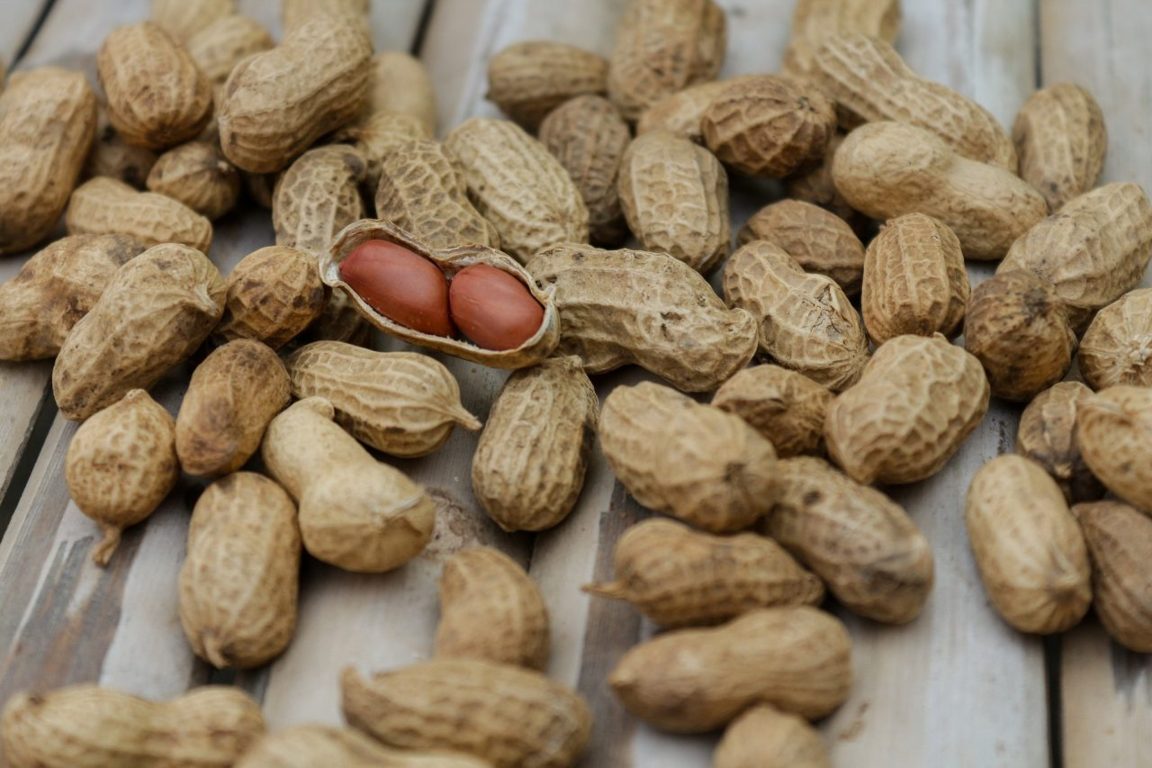
Here is a Super Nut that is usually blacklisted, assuming all that it provides is Fat. However, researchers have successfully proved time and again that there is much more that peanuts offer if consumed in the correct amounts.
Peanuts are also called Groundnuts, Earthnuts, Monkey nuts, or Goober. They are actually edible seeds of a legume crop, believed to be first cultivated in Argentina and now in most of the tropical and subtropical countries.
Peanuts are a surprise package loaded with proteins, vitamins like niacin, folate, vitamin E, minerals like phosphorus, magnesium, potassium, zinc, biotin, copper, fibre, and fats (both mono and polyunsaturated fats), many important antioxidants like isoflavones, resveratrol and negligible carbs.
Health Benefits:
- Peanuts are a rich source of many heart-healthy nutrients, thus helping in reducing the risk of heart diseases.
- Peanuts provide Resveratrol (an antioxidant also present in red wine) that is proven to cut the risk of strokes.
- They also help in maintaining healthy skin and aid weight loss.
- They help to boost memory and combat depression.
- Peanuts are also a good source of plant proteins and thus aid to improve the protein content of a diet.
- It is interesting to know that the fat in peanuts that is usually considered a culprit is actually a blend of MUFA (heart-friendly fat) and PUFA.
Peanuts can be used to add variety to your salads, dips, nut mixes, gravies, consumed as peanut butter/spreads, or used in raw/roasted forms. Mindful consumption and omission of the fried and salted varieties is the key to making the best of this humble nut.
However, one needs to be aware of any existing allergies or toxins especially due to a substance called ‘Aflatoxin’ produced by a fungal invasion of the peanut crop. So make sure that you are using peanuts from fresh, good quality produce before you add this high protein, nutrient-dense snack to your daily dose of superfoods.
Read our blogs on :



